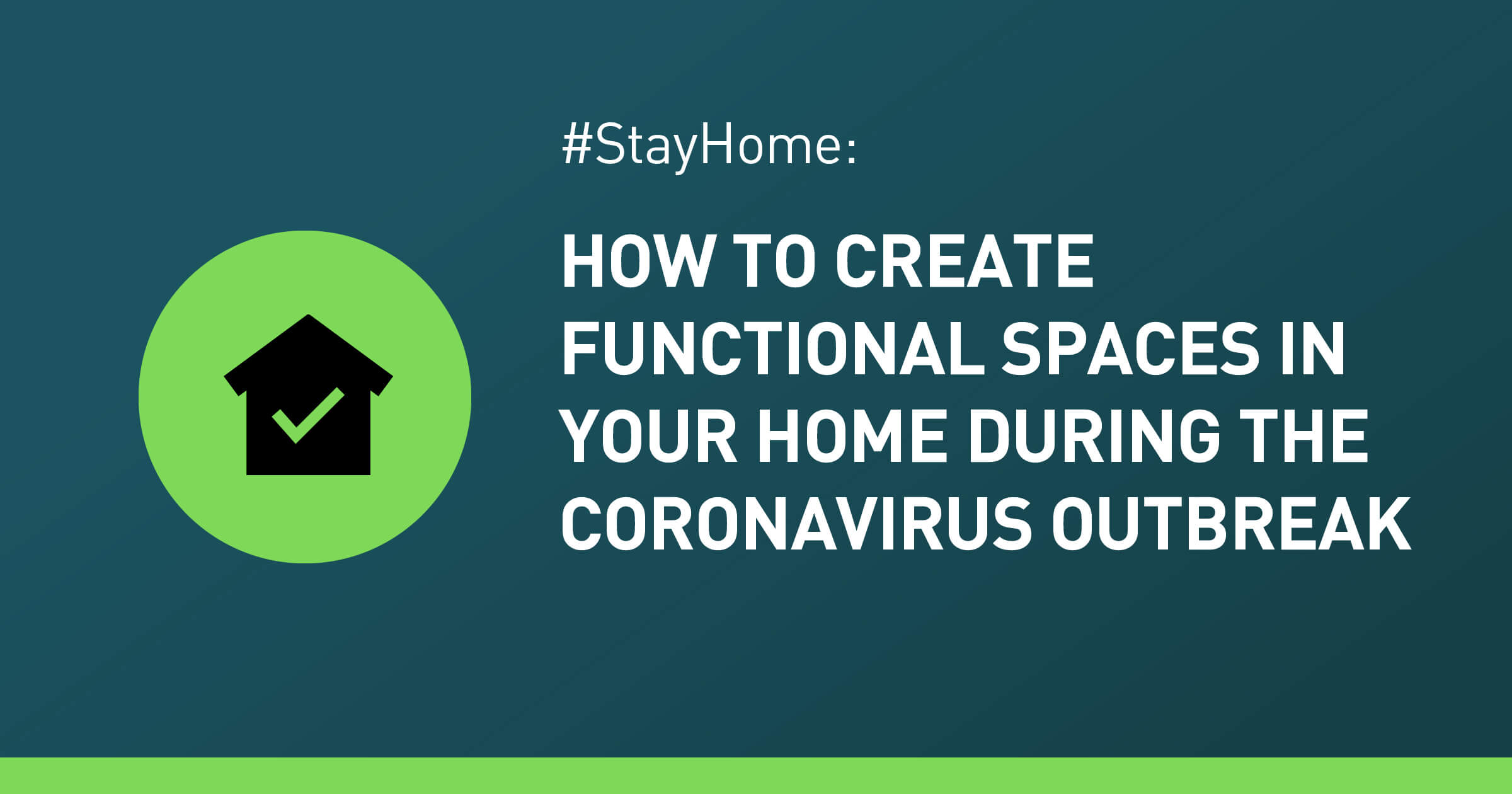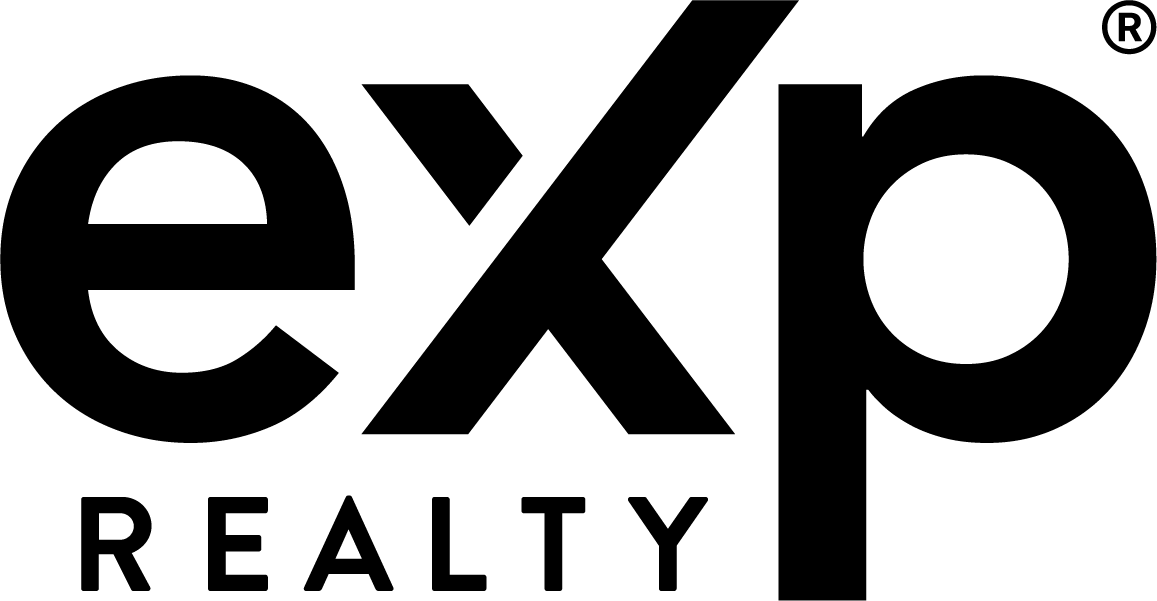A good friend/investor client of mine told me when I first started in Real Estate a lot of the things that go on in the industry. His experience and knowledge of the many Realtors, both good and bad. He said, “9/10 Realtors don’t know about zoning…”. Here’s a list of what your Realtor should know:
1. Zoning: As Vancouver becomes more and more a city where builders and developers dwell, it’s imperative your Realtor knows what zoning certain areas are and what the zoning means in terms of re-development. Can Laneway houses be built there? What’s the Floor Space Ratio? They don’t need to know the intricate details as only City Hall can advise that and it depends on what plan is submitted to them.
2. Underground Storage Tanks (UST): Also known as oil tanks. Between the 1920s and 1960s, many homes in the greater Vancouver area were heated via oil and so oil tanks were buried under many homes with some placed above ground. Your Realtor should investigate this or know the legal implications involved with this. Removal, contamination, lawsuits are common among non-disclosure of the existence of an oil tank and it depends on many different circumstances, but your Realtor should once again know the basics of how to protect the buyer and seller when the target property contains or potentially contains an UST.
3. Measurements: Your Realtor is responsible for exercising due diligence for getting the accurate measurements of your home when listing it. For condos, the strata plan is a legal document and that can be relied on, but for homes, what it says on BC Tax Assessment is not accurate. The measurements on BC Tax Assessment could be taken from either 3 sources: either from the original building plan, a building permit issued, or an appraiser actually went out and measured it. You can only find out which one by going to the BC Tax Assessment office in person and asking. Realtors can either measure the house and rooms by themselves or hire someone to do it. Using measurements from a previous listing is a big No-No. That’s not exercising due diligence and you could get sued for that.
4. Pet and Rental Restrictions? Read the Strata Bylaws
5. Is Parking Common Property or Limited Common Property? Read the Strata Plan
6. Is the brand new house owner built or a spec house? Contact HPO Office
7. Is the suite authorized or unauthorized? Check with City Hall
8. Who’s on title? Order a title search
9. Was it an ex-grow op? Check with City Hall
10. Community Development Plan? Present and Future? Check on City website.
I didn’t go into details for #4 – #10, but feel free to contact me if you have any specific questions. Basically, many of these things can be found by contacting City Hall and just asking. Also, Realtors should be reading all the strata documents (Meeting Minutes, Bylaws, Engineer’s Reports, etc…) for the condo that they are listing to be able to answer basic questions.
I hope this was helpful. Feel free to contact me if you have any questions.





 Yvonne Yang
Yvonne Yang 
 Carlos Garcia
Carlos Garcia 


